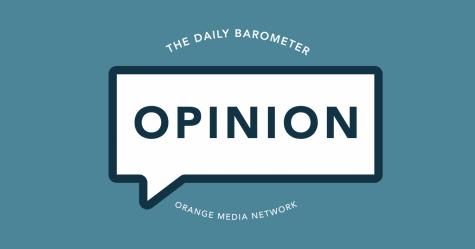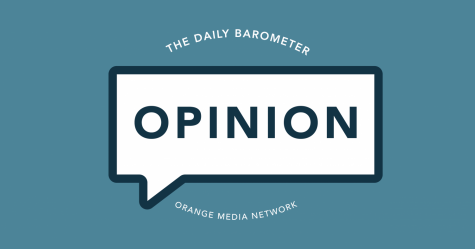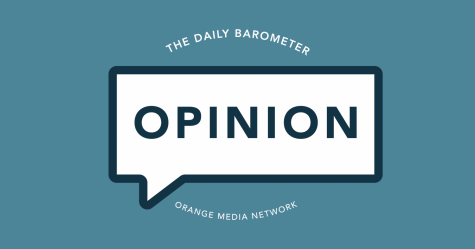Letters to the Editor – Week of 4/17
April 17, 2017
Disgusted by hate speech being called “Bias Incidents”
Today, I looked at the front page of this week’s Barometer and saw there was an article on white supremacy fliers found around the OSU campus. I (like many others) have been noticing and become concerned about the upsurge in the amount of both verbal and written hate speech since the election, and was horrified to hear that it had once again made its way onto my campus. So imagine my surprise when I saw that this mention of racist white supremacist flyers was cast as a “bias incident”. Sure, racist, sexist, and homophobic messages are a form of bias, but calling it such doesn’t fix a problem or bring it to people’s attention. It normalizes it. This is not a case of simple “bias” as the article seems to repeatedly suggest. White supremacy propaganda is not simple bias and to cast it as such is misleading and perpetuating a very real problem. It is hate speech and should be named as such. I do not claim to know what many people of colour in this country are thinking or feeling. I do not claim to understand what it is like to see and hear hate speech around me being directed at me. But I do know that we as a society cannot work together to change for the better if we gloss over a serious issue by using subtle wording like “bias incident” to reduce the importance of an issue. In the current atmosphere of uncertainty and fear, we cannot afford to beat around the proverbial bush and not point fingers. This is the time to be very clear about what we will and will not tolerate. Let’s at least be honest with each other and call racist messages what they are.
Lara Chodelski, Senior in fisheries and wildlife
Transformation of university priorities is necessary
On March 17, we and several other Oregon State community members insisted OSU’s Board of Trustees submit to democracy. Where some may find our demand for democracy misplaced, we believe that those most impacted by decisions should be at the center of governing processes. The Board is an unelected governing body. It is composed of people who are not directly affected by its decisions.
The Board gives pay increases to upper-level administrators while voting for tuition increases, cuts to underfunded departments, and furloughs on teachers and staff at the bottom of the university income-ladder. Over the past two years we have provided public testimony at each Board of Trustees meeting, a few of us sit on the Student Budget Advisory Council, and we even attended the Finance and Administration Committee meetings during summer break in 2016. All to no avail; these decision-makers did not l isten. The Board continued to raise tuition, maintaining its pattern of raising tuition every academic year for nearly 20 consecutive years.
Numerous officials and insiders made it clear they were poised to increase tuition again during their meeting on Friday the 17. For these reasons, we insisted on democracy. Any cuts that need to be made should come from administrative spending, the highest paid, and not from faculty and staff salaries or student services. Nothing less than a redistribution of resources, and a transformation of university priorities is necessary.
This has been written in behalf of a collective of students.

















































































































